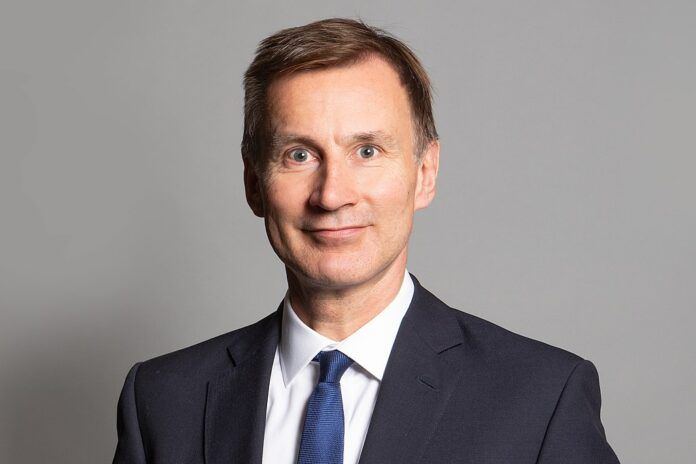Jeremy Hunt faces criticism for remarks on living costs in Surrey, highlighting the cost of living crisis
Chancellor Jeremy Hunt has ignited a debate with his recent remarks on social media about the living standards in his Surrey constituency, suggesting that a £100,000 salary does not constitute a “huge salary” in the region. This statement, made in the context of discussing the government’s childcare offer and its income eligibility threshold, has drawn sharp criticism from political opponents and the public alike, spotlighting the broader issue of the cost of living crisis affecting many across the UK.
In a digital post, Hunt, who serves as the MP for South West Surrey, shared insights from a conversation with a constituent from Godalming about the challenges of affording childcare on a £100,000 salary, especially against the backdrop of mortgage obligations. This comment has been met with backlash from Labour and the Liberal Democrats, who accuse the Chancellor of being out of touch with the financial realities of average British families.
Embed from Getty ImagesLabour’s Shadow Paymaster General, Jonathan Ashworth, lambasted the Chancellor’s perspective, highlighting the disparity between the earnings of the majority of the workforce and the figure quoted by Hunt. Ashworth pointed out the irony in Hunt’s comments on mortgage costs, given the Conservative government’s recent economic turmoil, which saw a significant rise in mortgage rates, exacerbating the cost of living for many.
Liberal Democrat candidate Paul Follows and Surrey county councillor Robert Evans also voiced their concerns, emphasizing the gap between Hunt’s perception and the economic struggles faced by their constituents. Evans noted that in areas like Spelthorne, the average household income significantly trails the £100,000 mark, with many families grappling with heightened mortgage rates and living expenses.
The controversy comes amid the Chancellor’s Budget announcement, which introduced adjustments to child benefit eligibility, raising the income threshold for full benefits to households earning up to £60,000, with partial benefits extended to earners up to £80,000. These measures, while intended to alleviate financial pressures on families, have also sparked discussions on income disparities and the adequacy of government support during the cost of living crisis.
As the debate unfolds, it underscores the growing concern over living standards and the affordability of essential services like childcare in the UK. With the median gross annual salary for full-time employees standing at £34,963 as of April 2023, according to the Office for National Statistics, Hunt’s remarks have shed light on the urgent need for a nuanced understanding of and response to the economic challenges faced by the populace.
